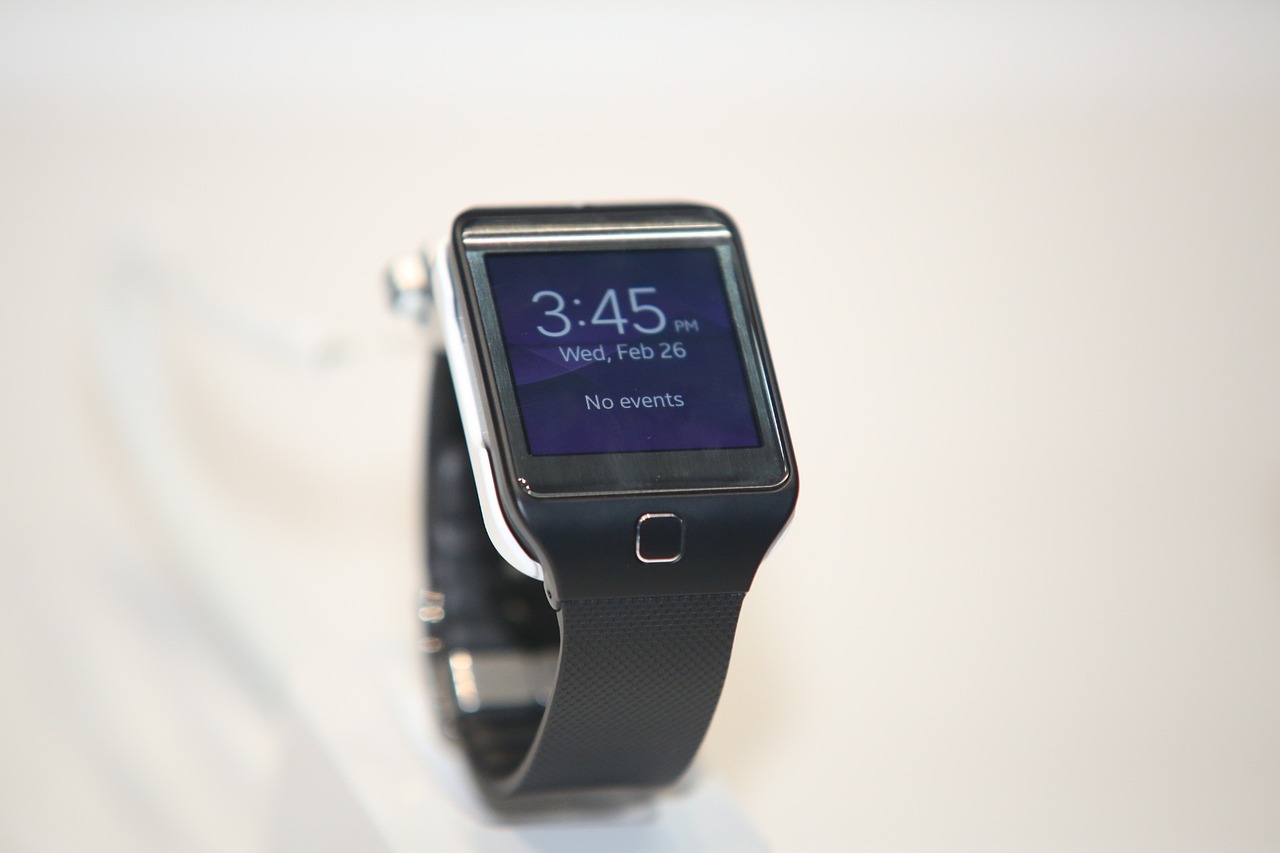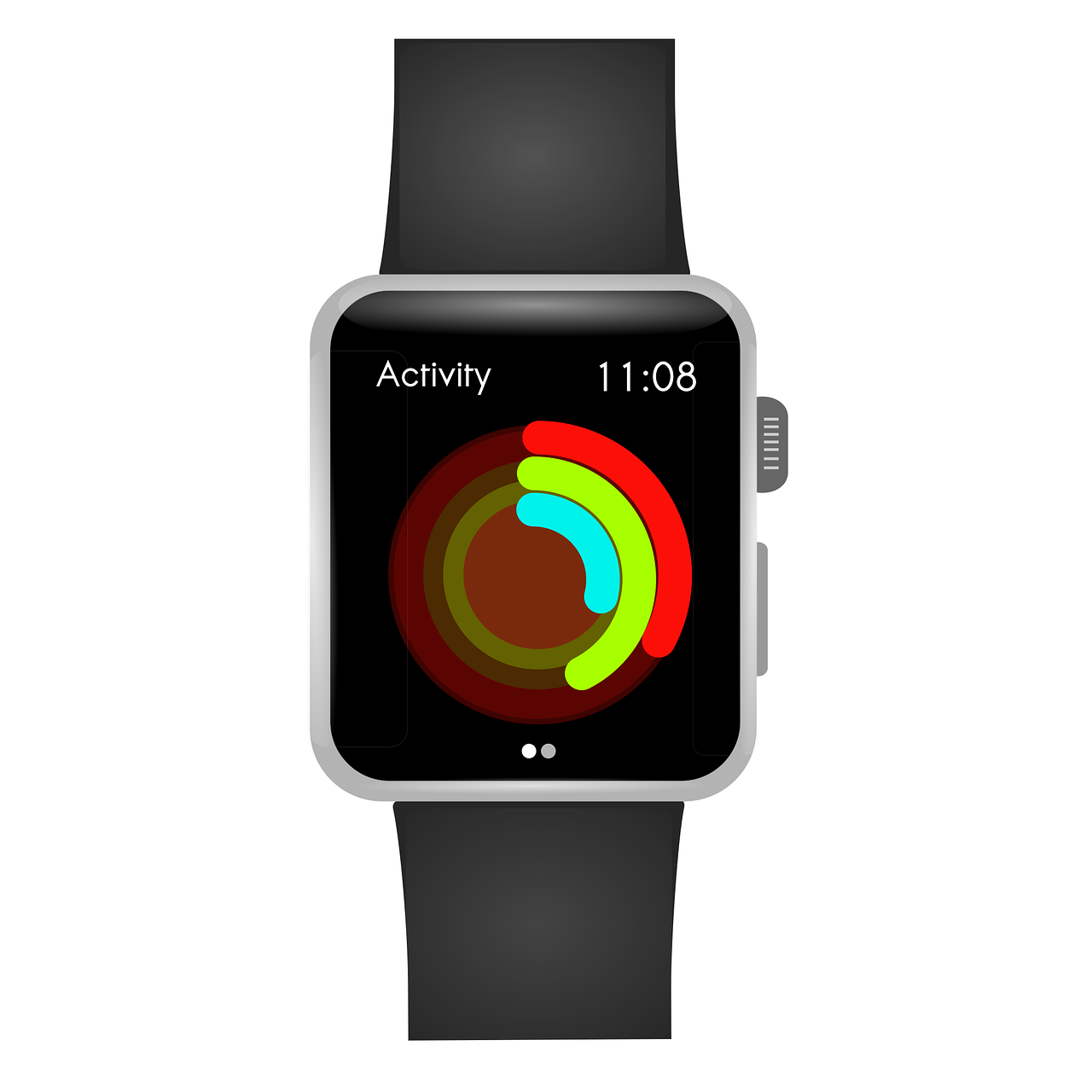Title: Smart Controllers vs. PLCs: Understanding the Key Differences
The industrial automation industry has two major types of control systems: Smart Controllers and PLCs (Programmable Logic Controllers). Smart Controllers are built with AI technology, have data processing capabilities, and can optimize processes autonomously. PLCs, on the other hand, are more basic in their functionality, relying on pre-programmed software to read input signals and then provide output signals based on those inputs. PLCs are more common in industrial automation, but Smart Controllers are gaining popularity due to their advanced processing capabilities and ability to optimize processes autonomously.
In the world of industrial automation, smart controllers and Programmable Logic Controllers (PLC) play crucial roles. While both systems are tasked with managing and controlling processes, there are significant differences between them. This article delves into the fundamental differences between smart controllers and PLCs, highlighting their unique features, capabilities, and applications.
Smart Controllers
Smart controllers, also known as intelligent controllers, are designed to monitor, analyze, and control complex systems with a high degree of intelligence and autonomy. They are equipped with advanced features like predictive analysis, adaptive control algorithms, and self-learning capabilities. These controllers can make decisions on their own, adjust process variables accordingly, and optimize system performance based on real-time data analysis.

Smart controllers are particularly useful in applications where traditional PLCs might struggle due to their limited intelligence and functionality. For instance, in manufacturing processes, smart controllers can monitor the condition of machinery in real time, identify potential problems before they occur, and initiate corrective measures to ensure maximum efficiency and safety.
Programmable Logic Controllers (PLC)
Programmable Logic Controllers, commonly known as PLCs, are devices that have been around for decades and are still widely used in industrial automation. PLCs are designed to perform logic-based tasks, sequence control, and simple data acquisitions. They are typically harderwired and lack the advanced intelligence and adaptability of smart controllers.
PLCs are particularly effective in applications where simple, reliable control is required. For example, in a factory environment, PLCs can be used to manage the on/off cycles of machines, ensure safety protocols are followed, and perform basic quality checks. However, for more complex tasks that require advanced analysis and decision-making, PLCs may lack the necessary capabilities.
Key Differences

The key difference between smart controllers and PLCs lies in their capabilities and applications. Smart controllers excel at handling complex tasks that require advanced analysis and decision-making, while PLCs excel at simple, reliable logic-based controls. Smart controllers can also be easily integrated with other intelligent devices and systems to create a fully automated, intelligent manufacturing network. PLCs, on the other hand, tend to be more standalone devices that require dedicated programming and setup for each specific application.
Another significant difference is their adaptability and ability to handle changing conditions. Smart controllers can adapt to changing process variables and optimize system performance based on real-time data analysis. PLCs, being more limited in their functionality, might not be able to handle changing conditions as effectively without significant reconfiguration or replacement.
Conclusion
Both smart controllers and PLCs have their unique strengths and weaknesses, making them suitable for different applications. While PLCs are effective in simple, reliable logic-based controls, smart controllers excel at handling complex tasks that require advanced analysis and decision-making. The increasing adoption of intelligent devices and systems in industrial automation will likely drive further differentiation and specialization between these two types of controllers. Ultimately, the choice between a smart controller and a PLC depends on the specific requirements and complexity of the application at hand.
Articles related to the knowledge points of this article:
Programmable Controller: Siemens PLC
PLC Controller Graphic Symbols
PLC Controller Programming for CNC Machines: A Guide to Mastering the Art
Title: Touch Screen PLC Controller: Its Role in Modern Automation Processes